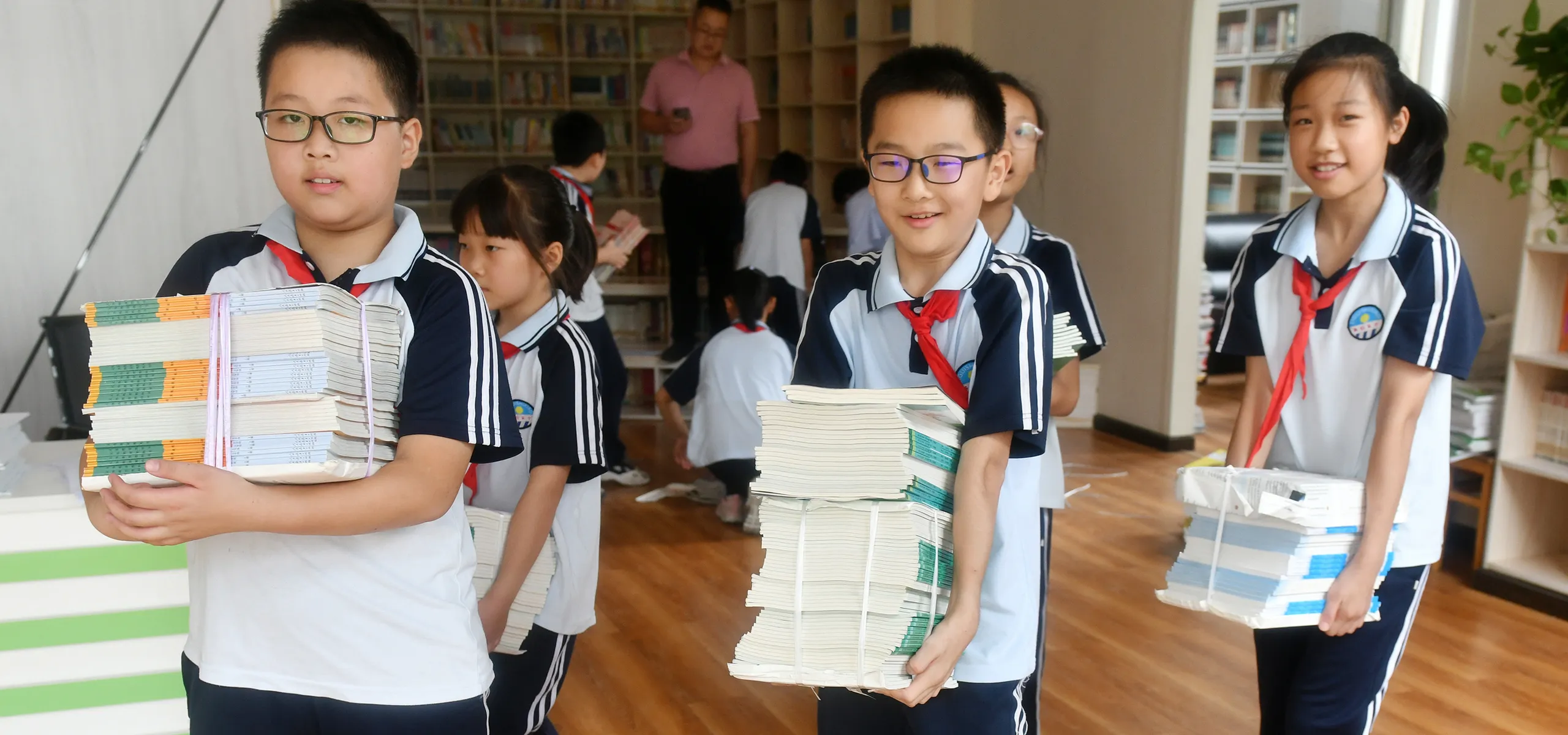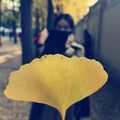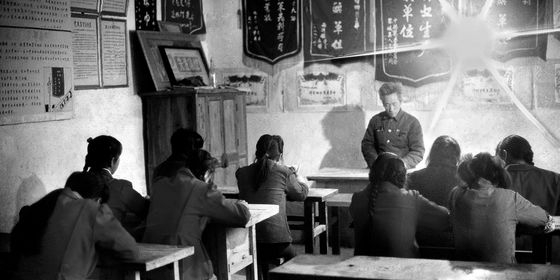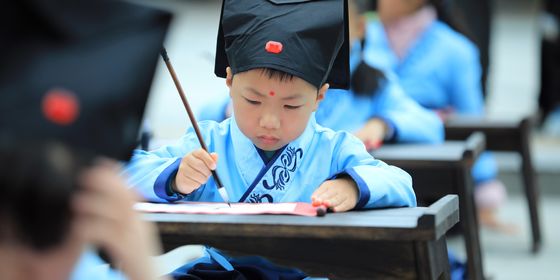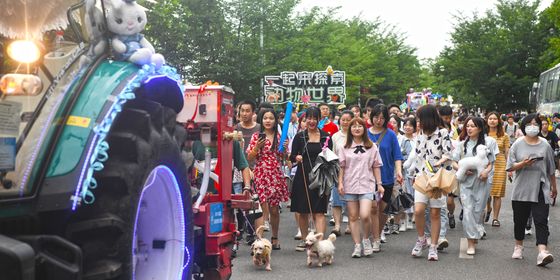Students, parents, and tutors discuss life after China's crackdown on after school tutoring and what’s really wrong with the education system
On July 24, the general offices of the Communist Party of China's Central Committee and the State Council published a guideline to reduce the academic burden on students and equalize access to educational resources. The so-called “double reduction” policy has swept across the country over the last two months, calling for a reduction in the homework load of younger elementary school students, a ban on education companies going public on the stock market, and a prohibition on academic tutoring on weekends and national holidays at the compulsory education level (Grades 1 to 9), among other measures.
The policy has severely hit the private education sectors, resulting in shutdowns of many after-school tutoring centers and online courses. According to the 21st Century Business Herald, stocks in Chinese education companies halved in value since the policy was enacted in July. The big Chinese education firms such as the New Oriental, TAL Education Group, and VIPKID have turned to offering arts, vocational, and family education, while many of the estimated 10 million employees of the private education sector face redundancy—Beijing-based company Gaotu Class alone reportedly laid off tens of thousands of employees the week after the policy was announced.
How has the “double reduction” policy affected the students, parents, tutors, and entrepreneurs who've invested years of their life in after-school tutoring? Will it bring any tangible change to China's pressure-fueled academic grind? TWOC invites five people to share their thoughts on life after the tutoring crackdown.





